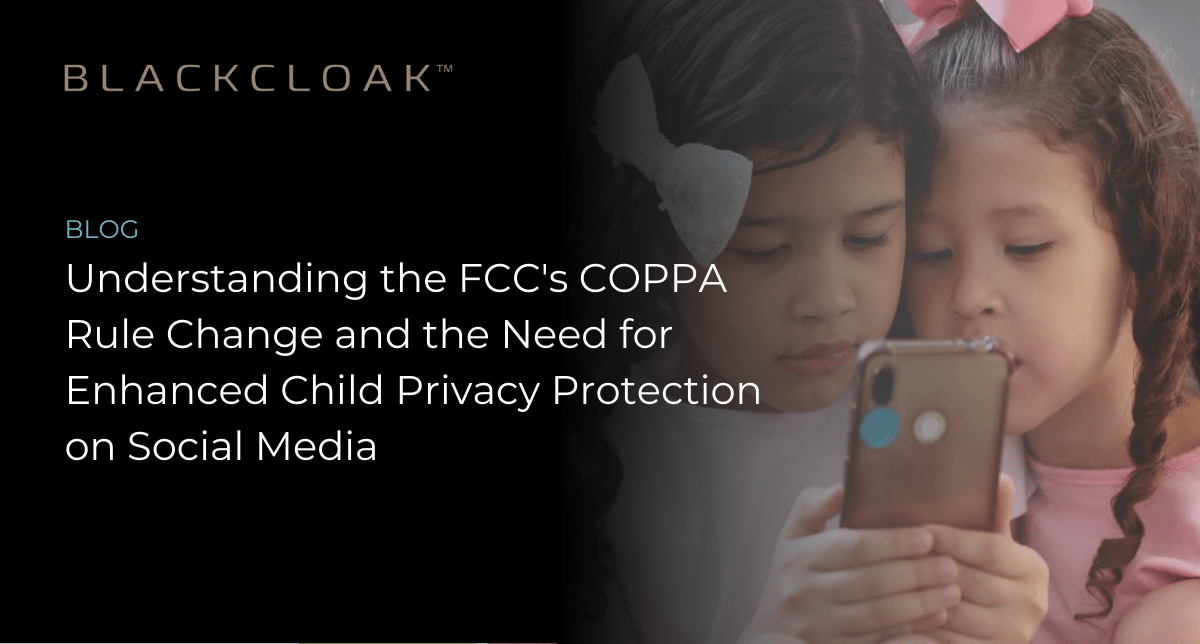Understanding the FCC's COPPA Rule Change and the Need for Enhanced Child Privacy Protection on Social Media

The Federal Communications Commission (FCC) has recently proposed updates to the Children’s Online Privacy Protection Act (COPPA) rules, marking another step in the ongoing effort to safeguard children’s privacy online. This change comes as concerns grow over how social media platforms manage the personal information of their younger users.
The proposed COPPA rule change by the FCC aims to tighten the regulations around how websites and online services collect, use, and share children’s data. Specifically, it focuses on ensuring that companies obtain verifiable consent from parents before disclosing personal information from children under 13.
California has been a pioneer in this area, and continued to lead with its proposed Children’s Data Privacy Act, which seeks to enhance the protections provided by the California Consumer Privacy Act (CCPA). The proposal would require companies to get permission from those under 18 before collecting, using or sharing data, and will require companies to get clear parental permission before collecting, using, or selling data from those under 13. It’s another step towards addressing the aggressive data collection tactics that target children online.
On a broader scale, California’s efforts are part of a larger patchwork of children’s privacy laws emerging across the United States. States like Connecticut, Colorado, and Virginia are also proposing amendments to bolster children’s online privacy. This wave of legislative action underscores a growing recognition of the need to protect our youngest digital citizens.
However, the journey to better protect children’s online privacy is not without obstacles. Legal challenges, such as those facing the California Age-Appropriate Design Code Act (AADCA), highlight the complexities of balancing free speech with privacy protections. Despite these challenges, the efforts of lawmakers and advocates underscore the urgency of addressing the vast amount of data collected on children. For instance, it’s reported that by the age of 13, online advertising companies may have collected up to 72 million data points per child, which are then used to tailor online experiences and advertisements.
As we move forward, it’s essential to find a balance that allows children to explore the digital world safely without compromising their privacy or exposing them to harm.










